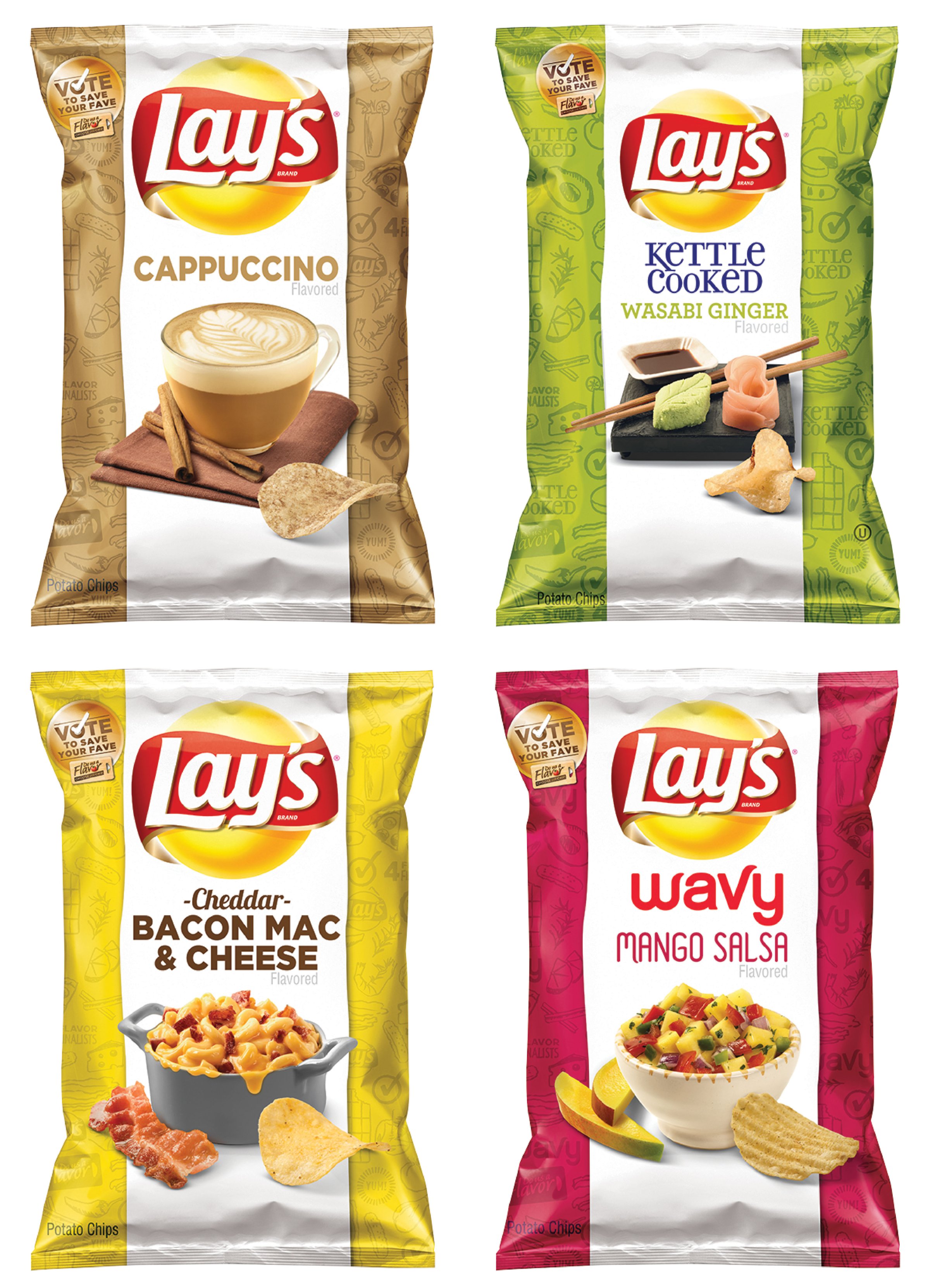
The truth is out: yes, some bags of Lay’s potato chips do in fact contain fewer chips. It’s intentional, and it’s saving the company millions.
Lay’s regular packs are 10 oz., but the company’s bags of flavored chips are 9.5 oz, yet both sell for $4.29, according to the Associated Press. The difference is equivalent to roughly 5-6 chips. And while that gap is saving consumers about 75 greasy calories, the biggest benefits are to Lay’s parent company, PepsiCo, which raised its full-year earnings forecast Wednesday in part because of these flavored bags, whose interesting tastes were crowdsourced by potato chip-loving Americans.
Just how much is Lay’s making? Cutting half an ounce from a bag while leaving its price unchanged correlates roughly to a 21 cents-per-bag saving. Lay’s potato chips bring in over $1 billion annually in retail sales, equivalent to over 200 million bags, if the average price per bag is somewhere around $4. At 21 cents saved per bag, the total amount saved is therefore upwards of $50 million—quite a lot for Lay’s considering the tiny amount of chips on which consumers miss out.
The fewer chips strategy is a tack-on to PepsiCo’s larger effort to cut costs through productivity increases, a plan announced in 2012 that’s expected to save PepsiCo $1 billion annually through 2019. Overall this quarter, PepsiCo saw a 5% rise in worldwide on global organic snack revenue, and even a 2% global increase in global beverage sales. The two upward sales and general cost cutting are vital for PepsiCo’s ongoing battle against investor Nelson Peltz, a stakeholder who’s launched a campaign urging PepsiCo to split its snack business from its sluggish beverage business.
In the coming months, the reduced flavored bags will continue to benefit sales volume for Frito-Lay North America, according to PepsiCo CFO Hugh Johnston.
More Must-Reads from TIME
- Cybersecurity Experts Are Sounding the Alarm on DOGE
- Meet the 2025 Women of the Year
- The Harsh Truth About Disability Inclusion
- Why Do More Young Adults Have Cancer?
- Colman Domingo Leads With Radical Love
- How to Get Better at Doing Things Alone
- Michelle Zauner Stares Down the Darkness
Contact us at letters@time.com